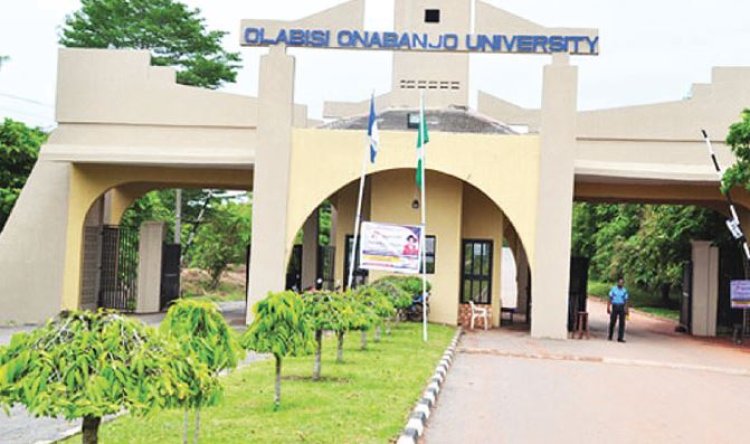OOU and other University Graduates Express Frustration Over Slow Transcript Processing
Graduates from Nigerian tertiary institutions, particularly Olabisi Onabanjo University (OOU), express frustration over slow transcript processing, leading to missed opportunities and dashed dreams.

The processing of transcripts in Nigerian tertiary institutions has come under scrutiny as graduates lament prolonged delays, leading to missed opportunities and dashed dreams. Despite efforts to streamline the process, many graduates continue to face bureaucratic hurdles and extended waiting periods, impacting their career prospects and academic pursuits.
RECOMMENDED: UNILAG Hosts CIIN Delegation for Accreditation of Insurance Programme
Patricia, a University of Nigeria graduate, shared her ordeal of missing out on a scholarship opportunity in Canada due to sluggish transcript processing by her alma mater. While the process ideally should not exceed two weeks, graduates encounter obstacles attributed to administrative bottlenecks, resulting in frustration and lost opportunities.
Investigations reveal discrepancies in transcript processing rates across institutions. At the University of Lagos (UNILAG) and University of Benin (UNIBEN), graduates face varying processing fees for local and international requests, with fees ranging from N10,000 to N50,000.
SEE MORE: BOUESTI Expels Two Students for Bullying Colleague; Police Commence Probe
Despite the establishment of the Electronic Transcripts and Documents Exchange in Nigeria (ETX-NG) in 2013 to facilitate seamless transcript transfers, challenges persist. Graduates like Feyisara and Comfort, both alumni of Olabisi Onabanjo University (OOU), continue to await their transcripts despite years of application and payment of mandatory fees.
Feyisara, who applied for her transcript in March 2021, and Comfort, in March 2023, recount their futile efforts to obtain their documents for further academic and career advancement. Despite engaging with university officials and exploring various channels, they remain in limbo, facing deferred PhD programs and missed job opportunities.
In response, a top official from OOU acknowledges the existing bureaucratic processes but advises graduates to lodge complaints through the alumni WhatsApp platform for resolution. However, concerns arise regarding potential network hitches and the efficacy of this communication channel.
As Feyisara and Comfort appeal for urgent intervention, observers emphasize the need for tertiary institutions to expedite transcript processing systems. Swift action is essential to alleviate the plight of graduates and ensure timely access to essential documents for their professional growth and aspirations.

 Chris Oyeoku Okafor
Chris Oyeoku Okafor 



